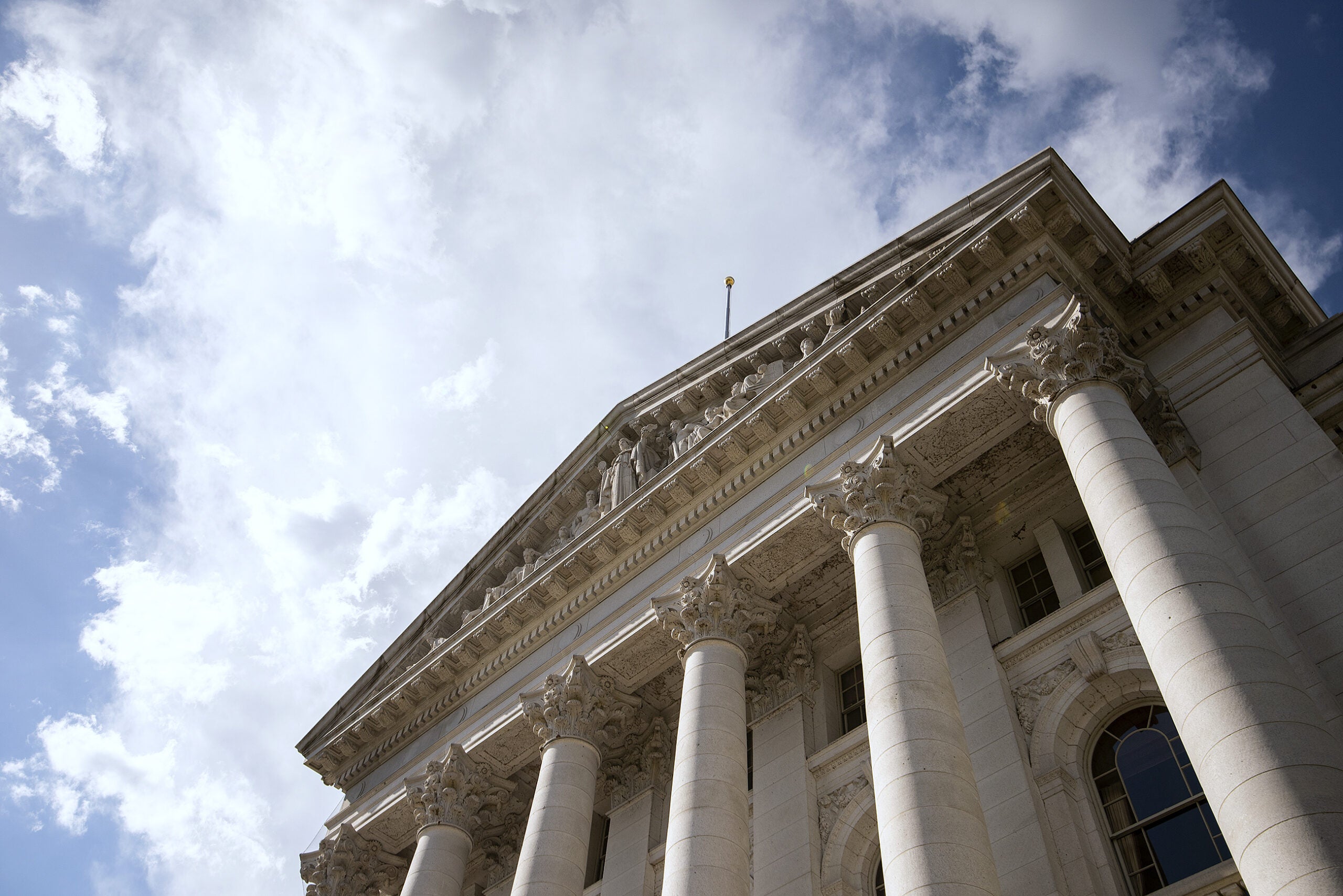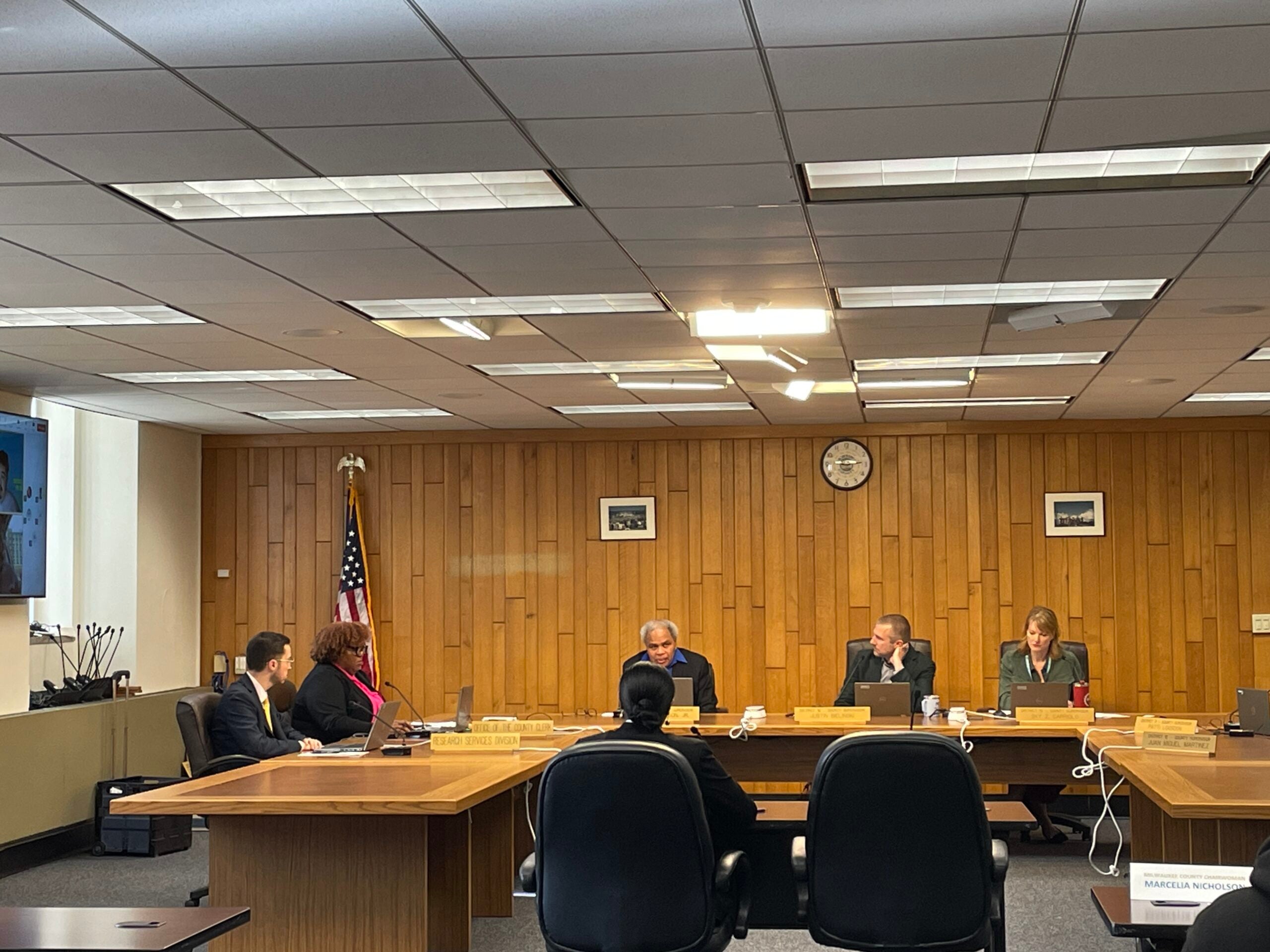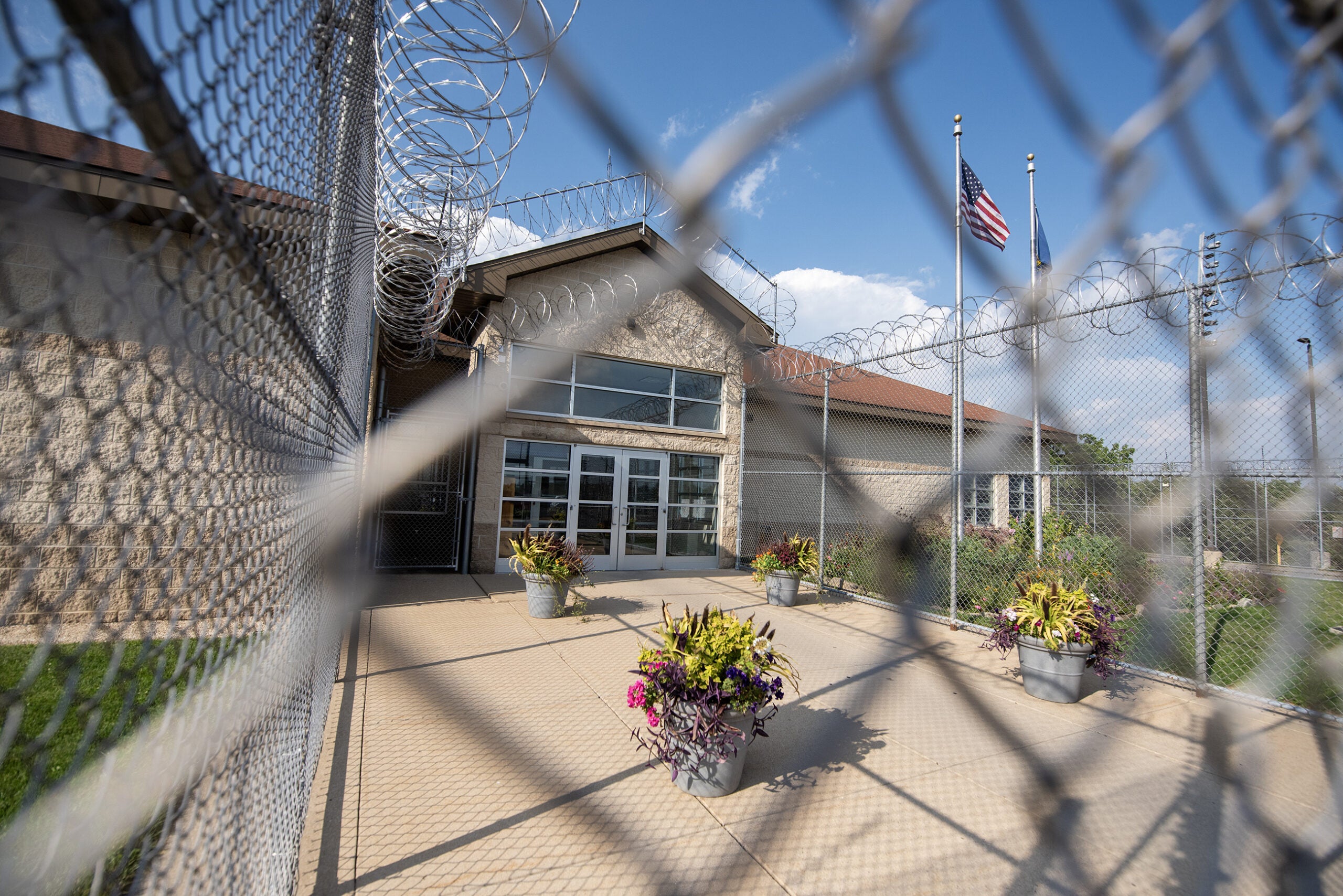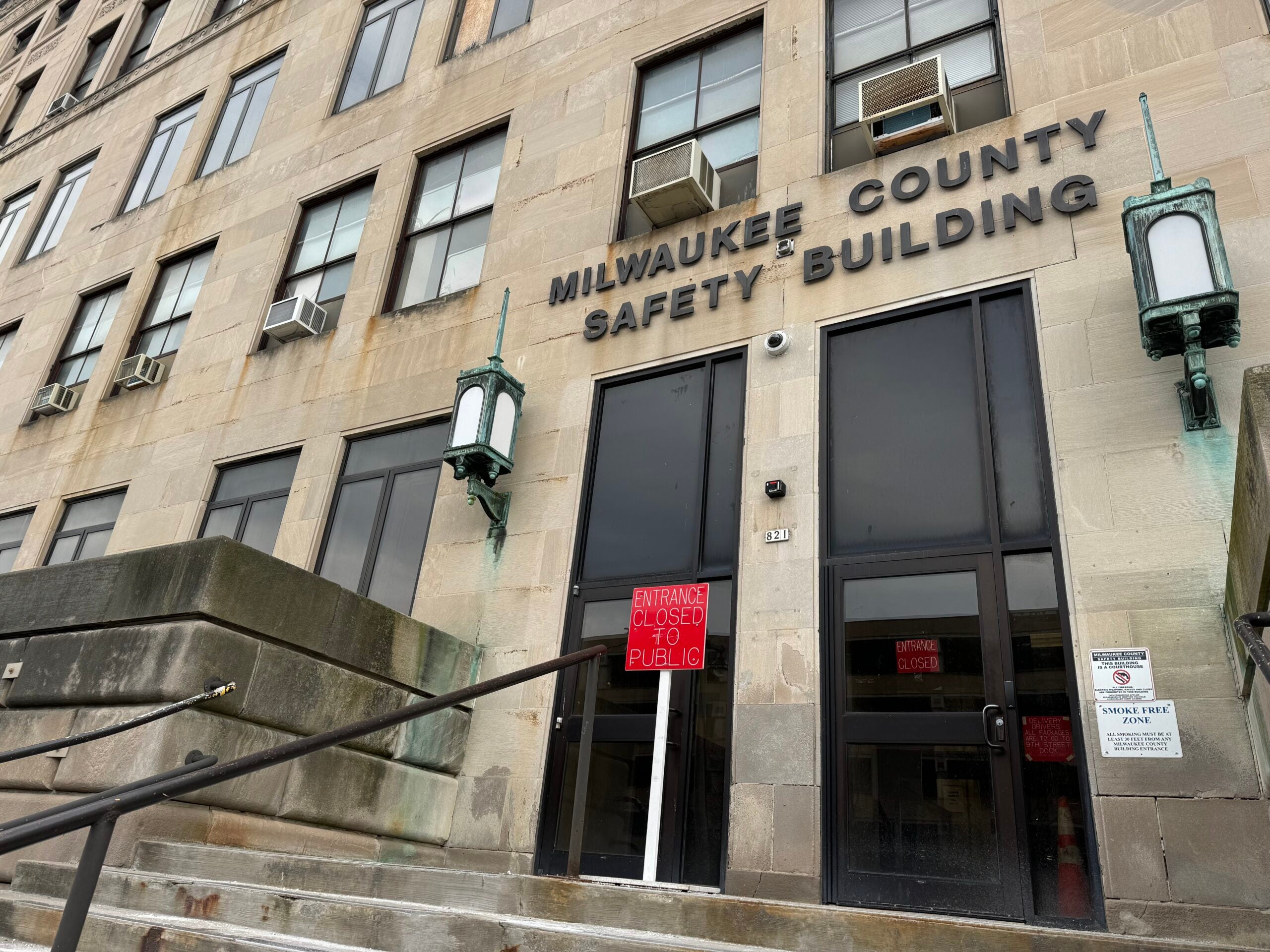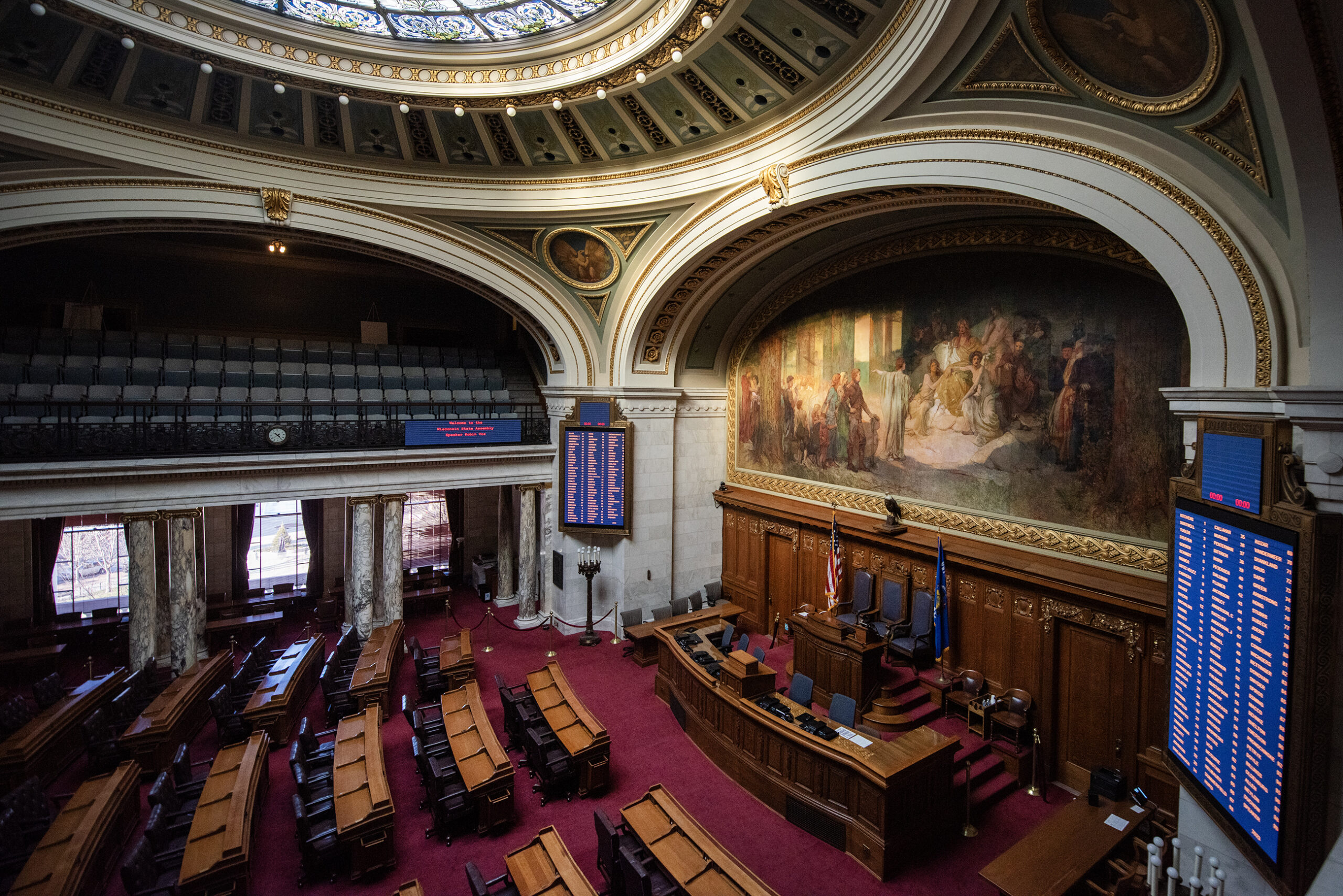Gov. Tony Evers signed into law Wednesday a bipartisan package of bills designed bolster the personal safety of judges. The new laws come at a time when the judiciary is facing increasing threats.
Under one of the bills, judges would be able to request that government agencies not publish personal information about them or their families. Another bill would make it a crime to protest outside a judge’s home “with intent to interfere with, obstruct or impede” the judge’s duties.
A third bill would stop documents called judicial security profiles from being available via public records requests. These documents are filed with local law enforcement and include information like the layout of a judge’s home, a judge’s medical history, the identity of family members in the residence and whether there’s a security system.
Stay informed on the latest news
Sign up for WPR’s email newsletter.
“We need to make sure that our judges are being protected so they can complete their duties without fear of physical harm to themselves or their immediate family members,” Rep. Sylvia Ortiz-Velez, D-Milwaukee, told WPR.
Ortiz-Velez introduced the bills in the Assembly, along with Rep. Ron Tusler, R-Harrison. At the time the bills were introduced, there had been 142 threats made against Wisconsin judges, according to the Wisconsin Supreme Court Marshal’s Office.
The package also came after the 2022 murder of retired Juneau County Circuit Court Judge John Roemer.
“Judge Roemer simply fulfilled his duty to uphold the law, which the people entrusted him to do. No judge should have to worry about their safety simply for doing the job the people elected them to do,” Tusler said in a statement to WPR.
“This bill is not just a legislative measure; it is a commitment to the safety and integrity of our judicial system,” Tusler continued. “Without it, we risk deterring qualified individuals from serving as judges, weakening the foundation of our legal system.”
Judge Carl Ashley, chief judge of the First Judicial District in Milwaukee, said the trio of bills are “no panacea” but move closer to providing security for judges.
“I don’t know any of my colleagues who haven’t got threats. It’s just something we take as part of our job. But on the other hand, the way things are now, it’s reasonable to think that we need to take some precautions in order to make sure that we can go home at night and our family’s gonna be safe,” Ashley told WPR.
“We can be held accountable by what the newspaper says and what other people say. And certainly the ballot box,” he continued. “But we should have some reasonable sense of security in doing our jobs.”
Ashley said there could be legitimate First Amendment concerns about limiting picketing outside of a judge’s home. But, he said, the law specifies that someone can be charged if they are found to have “the intent to interfere with, obstruct or impede the administration of justice.”
“First Amendment rights are very, very important and we don’t want to curtail those, but there’s gotta be a balance,” he said.
Wisconsin Supreme Court Chief Justice Annette Ziegler had sought to create a new police force to protect judges throughout Wisconsin. But she said state lawmakers wouldn’t fund the proposal.
Wisconsin Public Radio, © Copyright 2025, Board of Regents of the University of Wisconsin System and Wisconsin Educational Communications Board.
